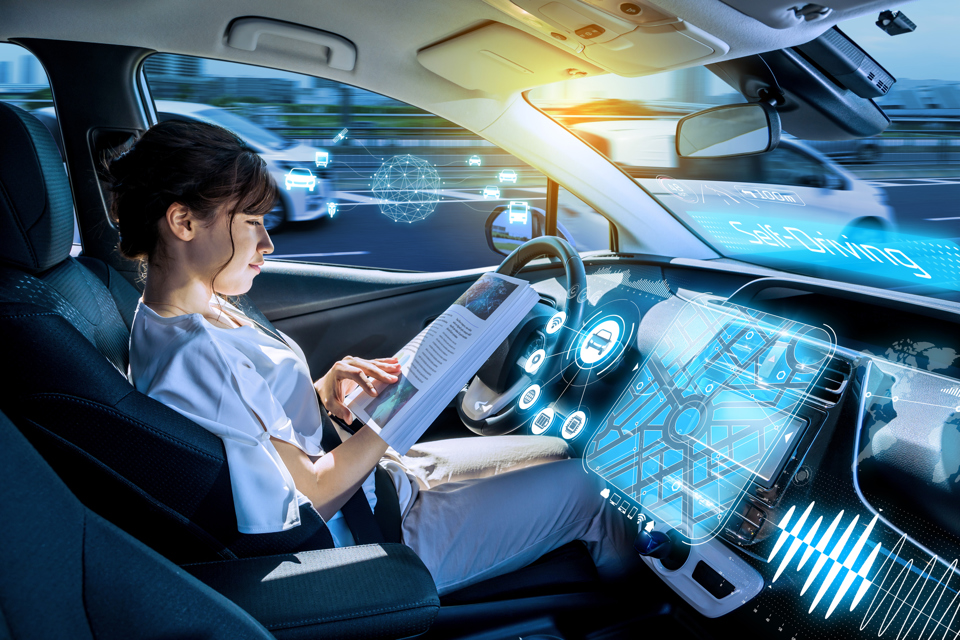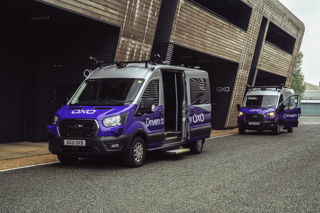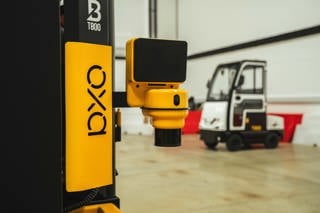Almost half (48%) of drivers in a recent Venson Automotive Solutions survey said they do not support autonomous vehicles, while more than fifth (22%) remain unsure.
Just under a third (30%) - 37% of males and 24% of females - support self-driving cars.
The key aim of the Automated Vehicle (AV) Act, which became law in May, is improving road safety.
As a result, Venson says that fleet managers need to begin reviewing and updating their driving-for-work policies.
Simon Staton, client management director for Venson Automotive Solutions, said: “Of course, many vehicles on the road today already include semi-autonomous driver assistance features, but 70% of those we surveyed clearly feel it is too big a leap to shift from lane assist, adaptive cruise control and automatic emergency braking to sitting back while the car takes full control.
“Over the next few years, many businesses will have a mixed fleet with different levels of autonomy which will need to be managed well to avoid misunderstandings relating to liability and responsibility.”
The Venson survey asked respondents about their daily bad driving habits. Fewer than a third (31%) admitted to being impatient, 28% to being distracted and 25% to driving too fast.
Other driver errors included misjudging the distance between vehicles (16%), not checking blind spots before merging or changing lanes (14%) and late braking (10%).
Younger respondents were more likely to admit to unsafe driving habits and the most likely to support autonomous vehicles, with 47% of 18-44-year-olds in favour, compared with 16% of those aged 45 and over.
Those aged 25-34 are most confident, with 57% saying they do support self-driving cars on UK roads.
As vehicle automation steadily increases, drivers need to ensure they understand the functions and benefits, as well as their own responsibility when driving a semi-autonomous vehicle or ‘piloting’ a fully autonomous vehicle in future.
Staton concluded: “When AI is in control of the vehicle, the potentially dangerous driving habits of today won't pose a risk, so we should ultimately see road safety improve.
“While company car drivers may shy away from switching to autonomous as soon as they become legal in 2026, keenness to explore the options will undoubtedly grow and in turn acceptance and fleet operators need to be ready.”
Venson’s free white paper - The Journey Towards Full Driving Automation – aims to aid businesses in keeping track of connected autonomous mobility (CAM) developments and ultimately, recognise that the self-driving revolution is already here.

























Login to comment
Comments
No comments have been made yet.